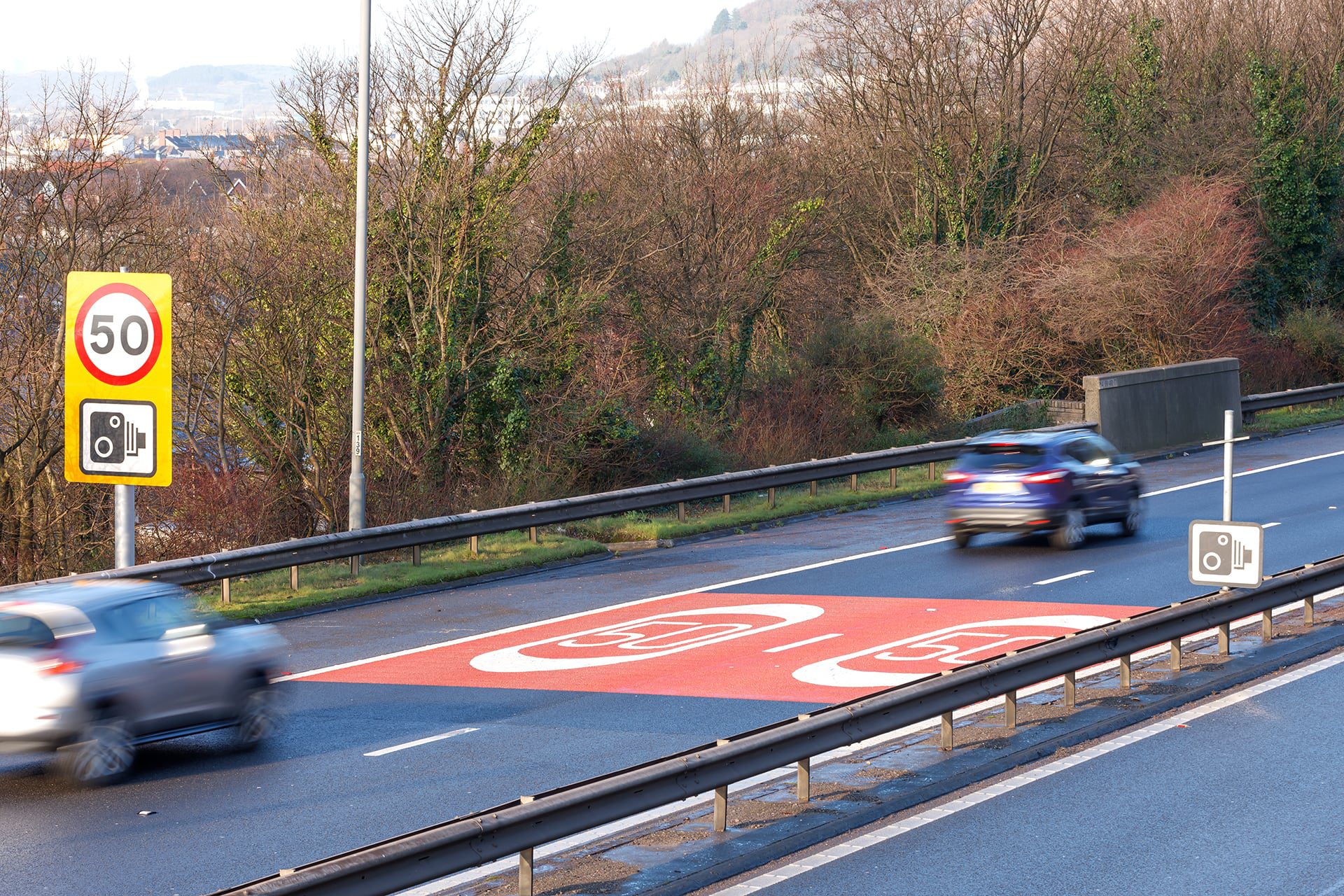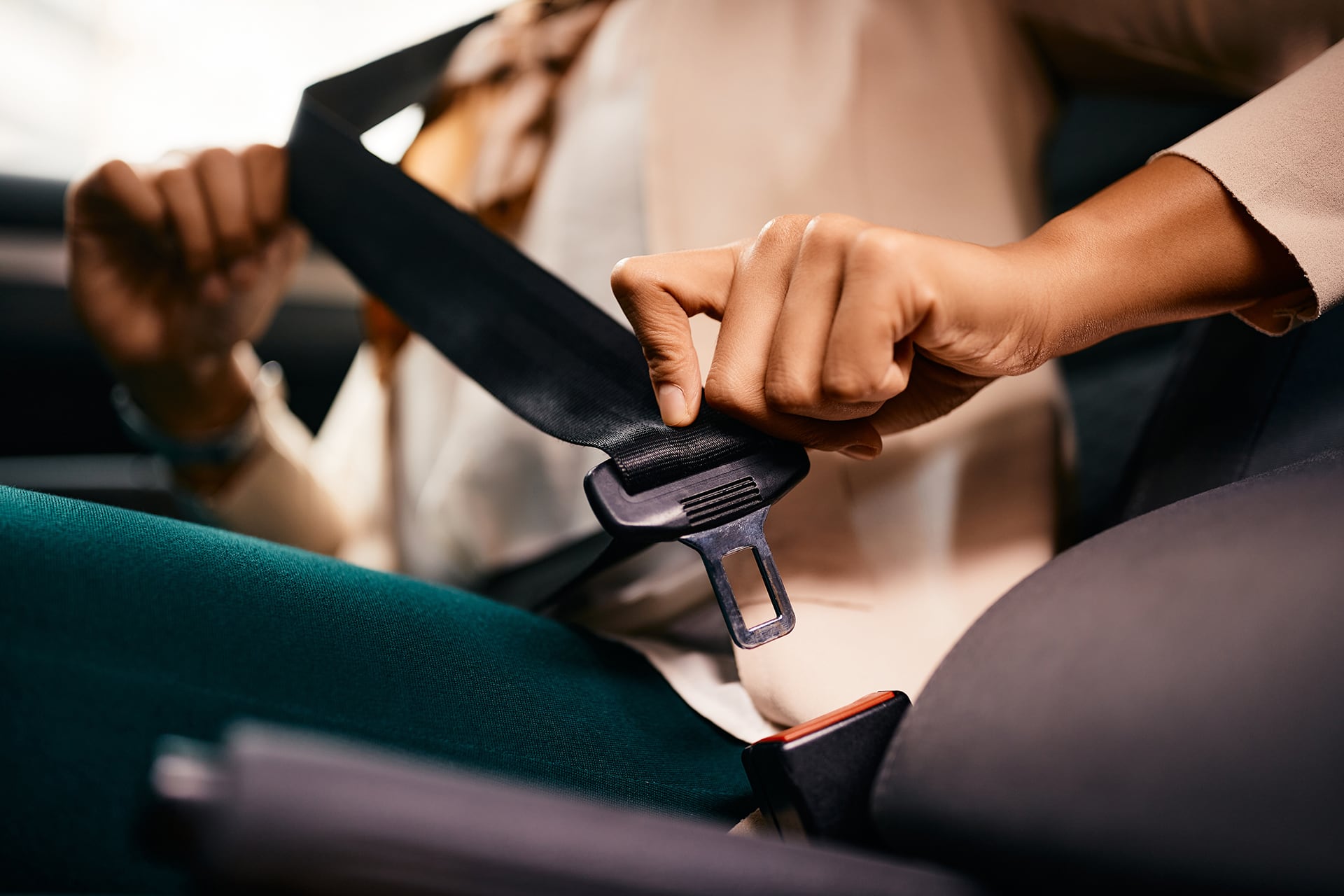Learning to drive can be a difficult time, so for parents, being able to support children during this process is important. With kids juggling education and growing into adults, throwing in the stress of learning how to drive can be a lot to manage. Parents and guardians can play a key role, however, in making things a little easier for them. In this guide, we provide a selection of top tips and advice for how to support a learner driver, helping you to be there for your child so they can get themselves happily on the road.
Help them study
Part of what will frustrate teens most when learning to drive is the studying that goes along with it. It’s just more homework for them to do and it can feel quite overwhelming when tackled alone. So as a parent, try and make the time to aid them in their studies. Revise with them for their theory test, quiz them on questions, and teach them about the rules of the road while you drive them to college or a friend’s house.
Victoria, a mum from the family travel blog Travel Vixta, has shared her tips with us for supporting a learner driver and agrees that helping them study is a great way to go: “My top tip is for parents to help their children revise for their theory test. Until the theory test is passed, they can’t even take the practical test, so passing this with flying colours should be the priority!
“Buy them copies of ‘The Highway Code’, ‘Know Your Traffic Signs’ and ‘Driving – the essential skills’. These are the books the theory test is based on and will make a great gift for a child about to start their driving lessons.
“Help them learn the rules of the road and have fun by asking practice questions to test their knowledge. Make it into a fun family game and let them ask you questions to test your own knowledge, which will also help them learn at the same time!
“There are also lots of apps and websites to help them learn, along with practice theory tests on the official gov.uk website when they feel they’ve revised enough.”
Help them find an instructor

Supporting a child who is learning to drive is all about lightening the load as they undertake this important milestone. A big part of learning to drive is getting an instructor and everyone who has taken lessons before knows the importance of finding the right teacher. Anna, from the family blog In the Playroom, highlights what a difference it can make:
“When learning to drive, the right teacher can make all the difference. Having a teacher who makes the learner feel comfortable and not anxious, or embarrassed about their mistakes, can be the key to success. When I was learning to drive, I failed quite a few times before I switched teacher and with my new teacher I felt so much more at ease and supported that I managed to pass the next time with not even a single minor.”
So instead of sending off your kid to find an instructor all on their own, perhaps put together a few options yourself that would be suitable and then go through them together. If it turns out that they don’t like the first instructor you choose, help them to select another until you can find one that is the right match for them. If it means you have to put in a few phone calls yourself or send the odd email, so be it, your child will appreciate the help during this new experience.
Consider helping them financially
Unfortunately, learning to drive isn’t cheap. Not only do you have to pay for lessons but then there is the cost of the test itself. Teenagers are not exactly made of money so while you can encourage them to fund their lessons with a part-time job and with any money they have saved up, why not consider helping them out financially as well? If you are in a position to do so, you can perhaps agree to split the costs, buy them a batch of lessons for their birthday, or agree to pay for their test (however many it takes). By letting them know that they don’t need to worry about the test fee, it will take the pressure off passing first time, allowing them to relax and focus on doing the best they can without financial repercussions.
Be calm and patient
Learner drivers can put themselves under a lot of pressure to get their licence and when they also have things like A-Levels to revise for, getting into Uni, and finding a job to wrestle with, it’s hardly surprising that stress levels can be high. Help your child by not adding to that stress, instead be the calm presence in their life. Be patient with them as they learn to drive, don’t push them to do things too fast, and understand that learning to drive might be quite difficult for them. Don’t pressure them to take extra lessons or come out with you in the car at every opportunity. Offer extra help but know when to hold off.
Gretta, from the family blog Mums do Travel, spoke to us about her tips for parents in this situation and agrees that the calm approach is definitely the way to go: “I think that the best way to support your child as they learn to drive is to be calm and quietly encouraging. It’s best if learner drivers start off with a professional instructor, but they can then practice with a parent once the instructor says that they’re ready to do so.”
Let them practise in your car

With the cost of lessons and a child’s eagerness to have the freedom a driving licence brings, it might be a good idea to give them the option of practising in your car with you by their side. Once they have had a number of lessons with an instructor, going out on the road with a parent for a few drives around a quiet area can be a great way to sharpen skills, reduce the number of paid lessons necessary, and get them ready for their test.
Rachel, from the parenting site Blogging Mummy, shares that helping to teach your child to drive is a good idea but not something that should be forced upon them, especially if it’s earlier in the learning process: “Even if you have always planned on teaching your child how to drive, they might not feel confident enough to step into the car with you for a while. If your child is shy and reserved, don’t push them to get in the car, let them come to you and ask for your help themselves. This way they will not feel pressured and as a result, they will be a lot less likely to make mistakes.”
Of course, if you decide to let your child practise in your car, make sure that they are insured to do so. You don’t have to add them to your existing annual policy, you can instead do something more temporary like opting to buy weekend car insurance, which will be perfect in the build-up to that all-important practical test. Getting insurance as and when you need it, even just for an hour, is really helpful for any learner driver.
Drive them to lessons and pick them up if needed
Another way that you can support a child that is learning to drive is simply ferrying them to and from any driving lessons they have. Often their driving instructor will be able to drop them back home and plan the lesson to end at your house but if that isn’t an option or if your child wants to head into town after or see a friend, by offering to pick them up you can make fitting their lessons into their everyday life a more seamless and easy experience. They will likely then be more positive and enthusiastic about getting their lessons in, knowing that their social life doesn’t have to stop, and you are there to help them out.
Tips for supporting a child who is learning to drive
- Help them study
- Help them find an instructor
- Consider helping them financially
- Be calm and patient
- Let them practise in your car
- Drive them to lessons and pick them up if needed.
We hope these tips have been useful. Being able to lend support and encouragement to a child learning to drive is a great thing and it doesn’t have to involve you being their main teacher. Just being there for them when they need and lending a helping hand at various stages can make the world of difference. As any parent knows, the words ‘thank you’ can often be in short supply but your child will certainly be grateful for anything you can do to make this process easier.
For more tips and advice, make sure to visit our news page.



